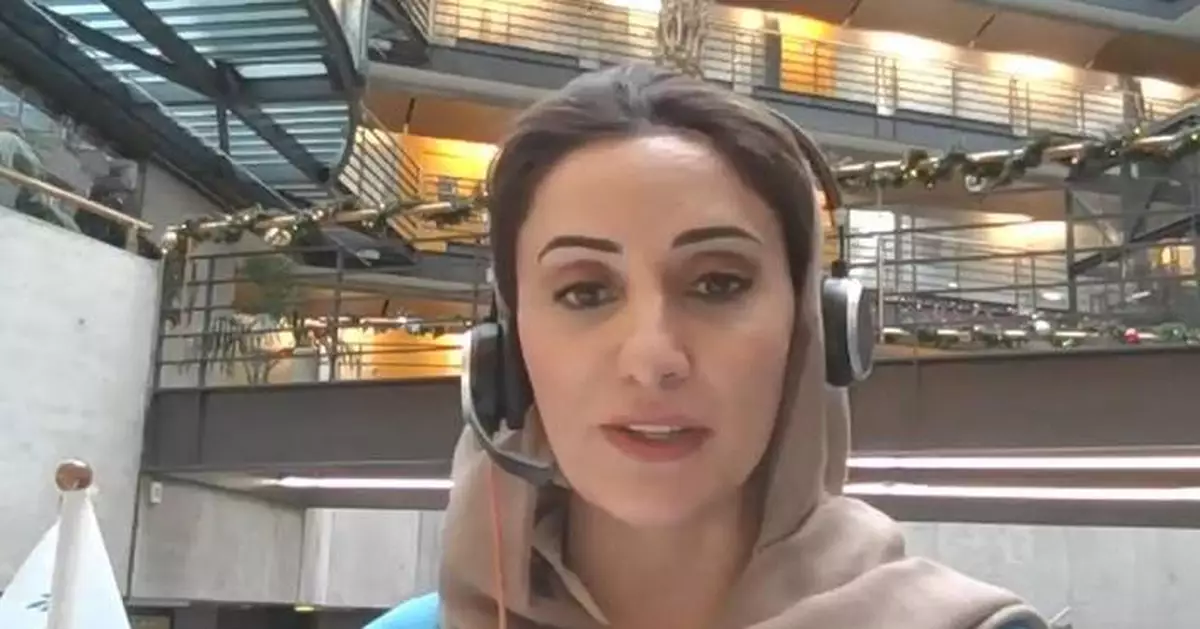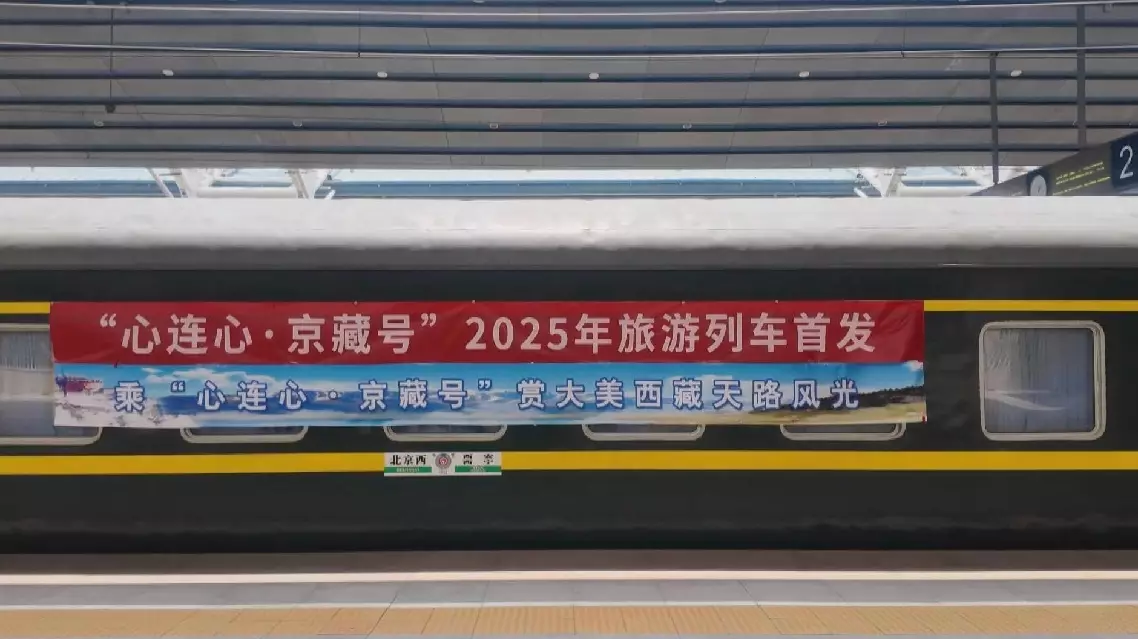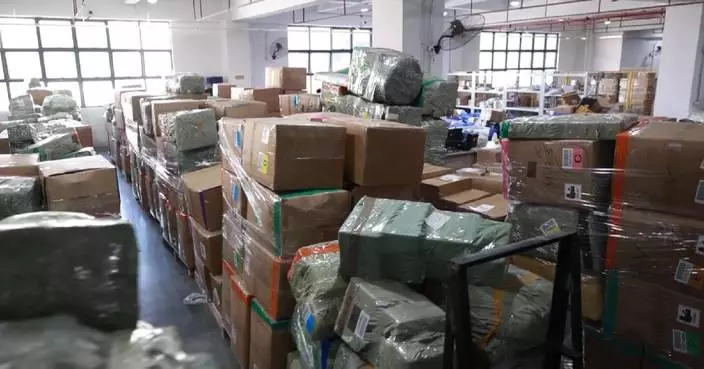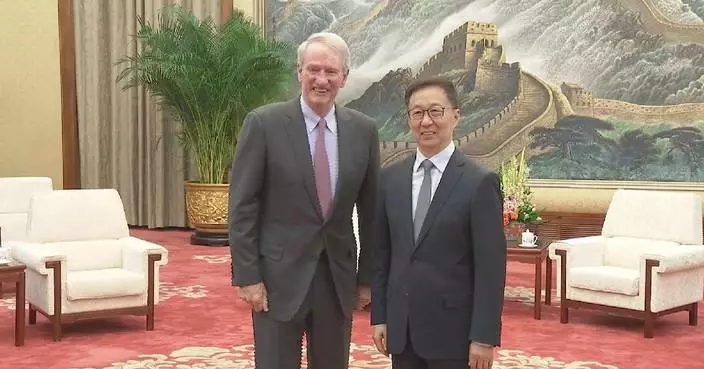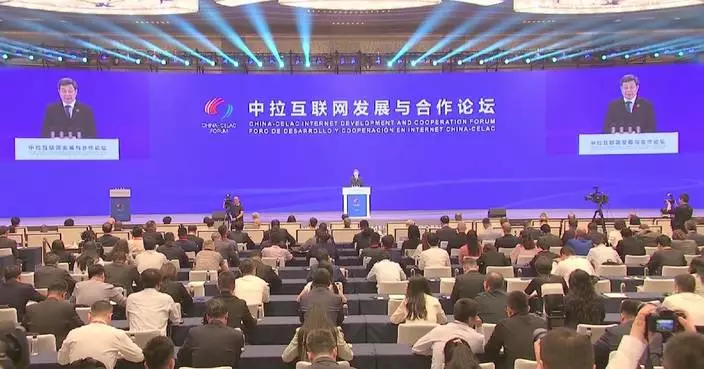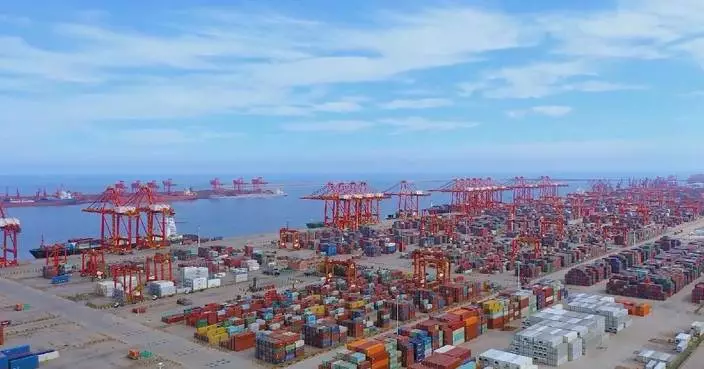The decision by several European countries to suspend the asylum process for Syrian nationals comes as an alarming development for the United Nations High Commissioner for Refugees (UNHCR), said agency spokeswoman Shabia Mantoo.
Over the past decade, more than 13 million Syrians have been displaced from their homes and communities. While the majority of Syrian refugees have sought safety in neighboring countries, many others have resettled further away, particularly in Europe.
Now, following the collapse of Bashar al-Assad's government, countries including Britain, Germany, France, Italy and Denmark have put a halt on asylum applications for Syrians. Mantoo questioned the decision, stressing that a humanitarian crisis is still ongoing in the country and region.
"We're talking about a very depressed economic situation with people struggling to have livelihoods, struggling to receive support. Ninety percent of people are dependent or rely on some form of humanitarian assistance. We also saw the devastating earthquake in Syria and Türkiye in the region last year as well, which compounded humanitarian needs. We have a brutal winter in which many Syrians and people who have been displaced have been facing. And most recently also there have been many Syrians affected in Lebanon, for instance, which is one of the major host countries for Syrians by the hostilities there and relentless bombardment that they've been facing as a result of the situation in Israeli airstrikes," said Mantoo.
She called on international policymakers to take the full picture into account, emphasizing that asylum seekers in Syria should have the same rights as other asylum seekers.
"From what we've seen and the reporting that we've seen, the decisions that we've seen are about suspending the decision making on asylum claims until the situation is stabilized or that a better picture can be ascertained in terms of the human rights and security situation. But what we've been very clear about saying is that even though the decision-making is going to be postponed or suspended for the time being, that asylum seekers will still and should retain the same rights as other asylum seekers. And that anyone, any Syrian or any person need of international protection is able to lodge their claim for that and then eventually have their case heard," she said.
"In the meantime, as for the Syrians, outside registered refugees and others who are receiving protection, have to retain that protection, and there should absolutely be no returns or forcible returns which would contravene or violate the principle of non-reform under international law. So that is what we're clear about. We have to bear in mind the situation will vary from individual to individual, and that's why it's really important that asylum claims, and asylum processes are done on an individual basis," she said.
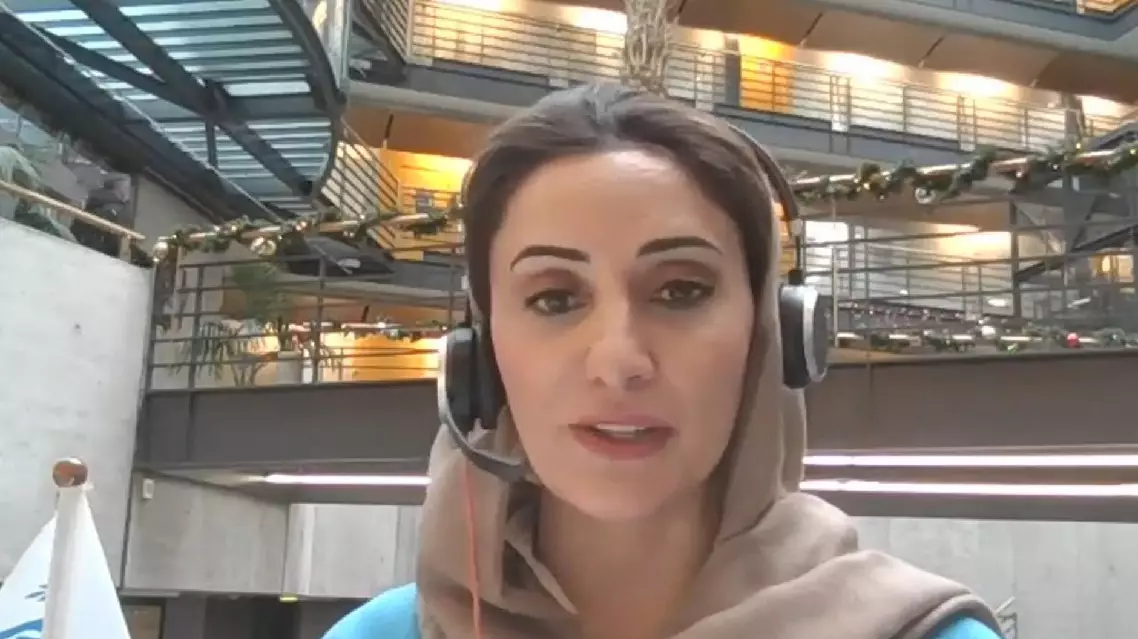
Syrians nationals must retain right to asylum amid turmoil: UNHCR spokeswoman
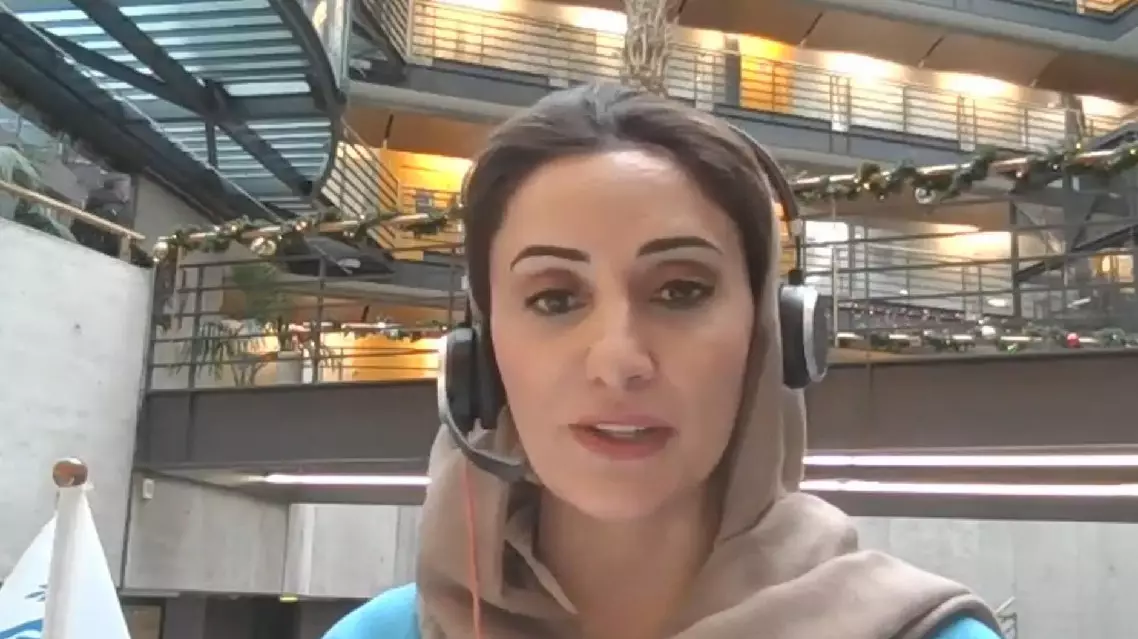
Syrians nationals must retain right to asylum amid turmoil: UNHCR spokeswoman
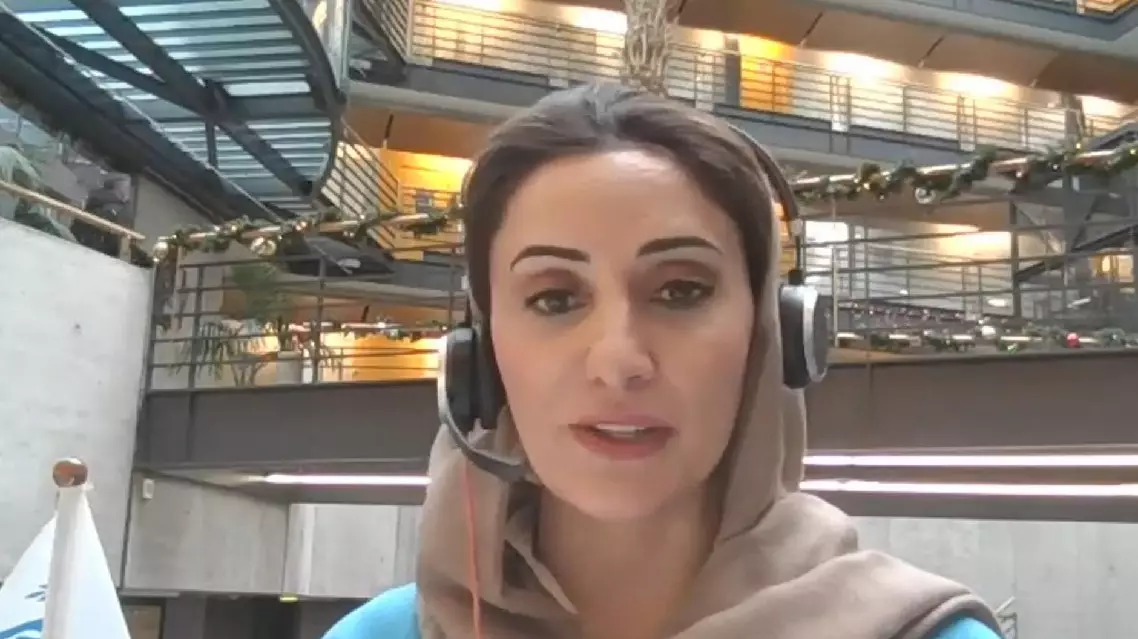
Syrians nationals must retain right to asylum amid turmoil: UNHCR spokeswoman
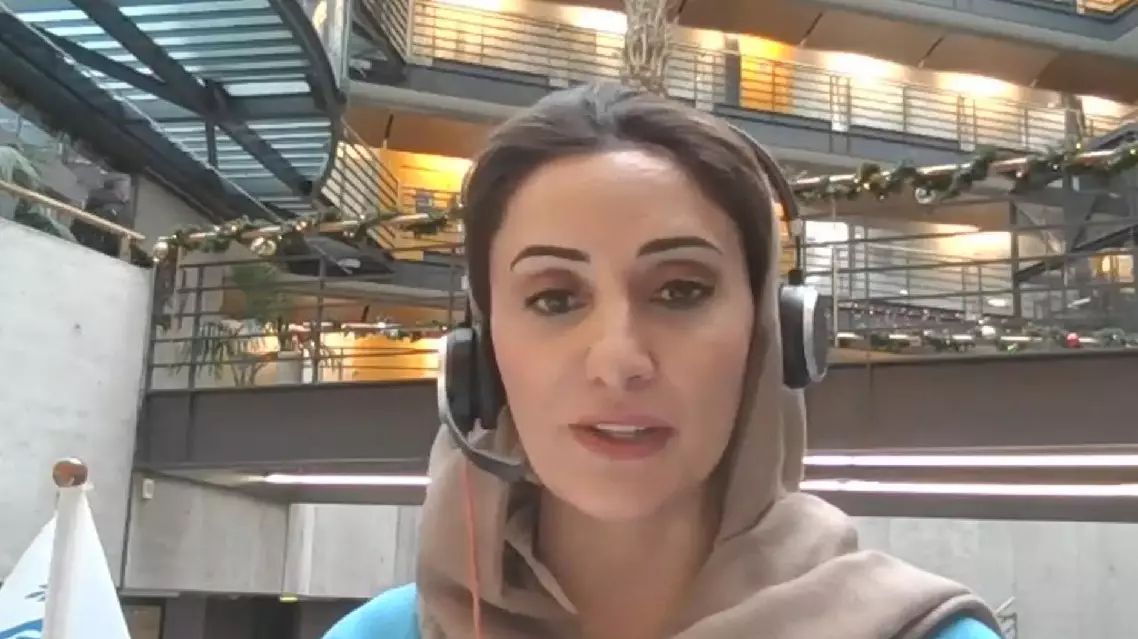
Syrians nationals must retain right to asylum amid turmoil: UNHCR spokeswoman


